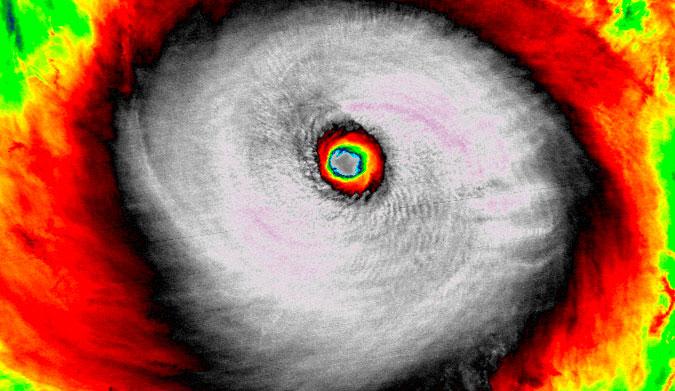Our planet is undergoing one of the largest changes in climate since the dinosaurs went extinct. But it’s not just the change that’s the problem; it’s the speed of the change. Stanford climate change scientists warn that the likely rate of change over the next century will be at least 10 times quicker than any climate shift in the past 65 million years.
These findings were recently published by Dr. Noah Diffenbaugh , an associate professor of environmental Earth system science and Dr. Chris Field, a professor of biology and of environmental Earth system science and the director of the Department of Global Ecology at the Carnegie Institution. They are part of a special report on climate change in last month’s issue of the international journal, Science.
The Earth has a history of climate change. There have been ice ages and super-volcanoes and with them came evolutionary changes in many of the Earth’s inhabitants; life always tries to cope and avoid extinction. Sudden changes to the environment are tougher to survive because there is no chance for species to adapt.
“We know from past changes that ecosystems have responded to a few degrees of global temperature change over thousands of years,” said Diffenbaugh. “But the unprecedented trajectory that we’re on now is forcing that climate change to occur over decades. That’s orders of magnitude faster, and we’re already seeing that some species are challenged by that rate of change.”
The researchers note that, with continued emissions of greenhouse gases at the high end of global warming scenarios, annual temperatures over North America, Europe and East Asia will increase 2-4 degrees C by 2046-2065. With that amount of warming, the hottest summer of the last 20 years is expected to occur every other year, or even more frequently. This won’t be easy for us to deal with but technology will help us survive. The same won’t be true for the animals and plants that we depend upon to keep the world’s environment healthy.
According to a 1998 survey of 400 biologists conducted by New York’s American Museum of Natural History, 70 percent believed that we were in the early stages of a human-caused extinction of unprecedented scale. In that survey, 70 percent agreed with the prediction that up to 20 percent of all living populations could become extinct within 30 years (by 2028).
E. O. Wilson, known as the “father of sociobiology”, estimated in 2002 that if current rates of human destruction of the biosphere continue, one-half of all species of life on Earth will be extinct by the turn of the century. More significantly the rate of species extinctions at present is estimated at 100 to 1000 times the extinction rate in the evolutionary time scale of planet Earth.
It seems we are traveling headlong into an environmental disaster and we can’t find the brakes.




